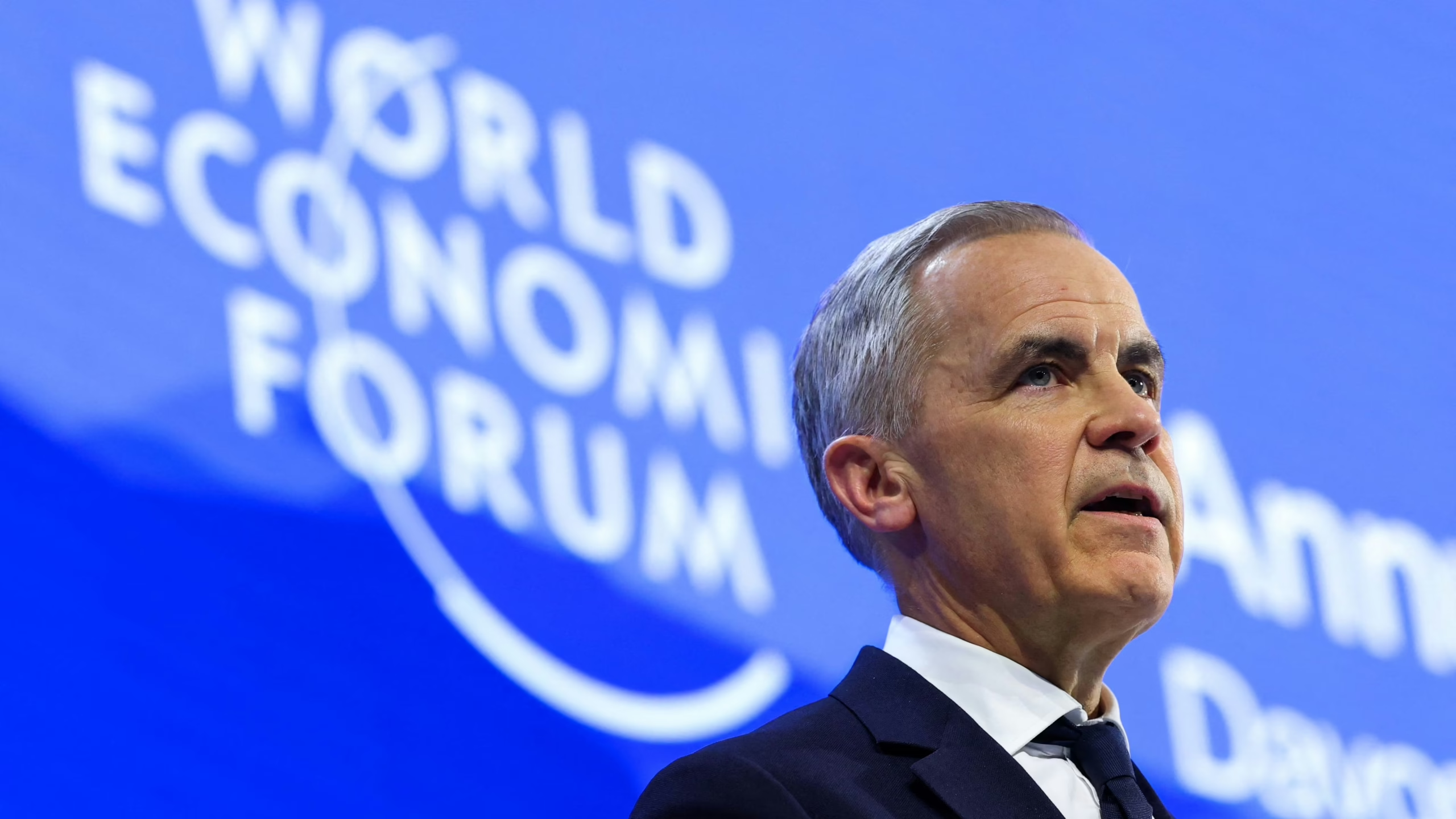Despite growing concerns about the consequences of a second Trump presidency for Australia, the newly re-elected Labor party remains committed to AUKUS. An unexplored factor in Australia’s continued adherence to the pact is nostalgia for the British Empire easing Australian anxieties about the surety of the US alliance.
Since the AUKUS pact was announced in September 2021, there has been surprisingly little interest within Australia on the role of the UK in the security pact. Media coverage focussed on the diplomatic fracture with the French, the provocative approach to China, and concerns about Australia’s operational sovereignty. In contrast to commentary throughout the previous Future Submarine Program, which weighed and evaluated the geostrategic benefits of deals with the Japanese, Germans, and French, the value of a British presence in the region remained relatively free from scrutiny. Although two former prime ministers questioned the wisdom of building defence capability with the “gormless Brits,” a country facing “fundamental existential problems,” their critiques were framed as political rather than strategic concerns. Headlines questioning the legitimacy of an Anglosphere military pact in the Indo-Pacific were followed by articles focussing on US-China conflict and the implications for Australia, sidelining the role of the UK.
This lack of attention is surprising. The UK is not a major player in the Indo-Pacific, yet it was arguably getting the best deal out of AUKUS: Astute-class submarines, built in the UK and funded by Australian taxpayers. This absence is particularly striking given the waning importance of the UK in Australian defence policy.
After the Second World War, Britain’s influence on Australian defence gradually declined to the point where it was no longer a significant defence partner. Australian foreign and defence policy papers in the early 21st century demonstrate that while the UK retained an honorary, nostalgic significance to Australia’s sense of security, it was not seen as a substantial partner in defence. This honorary significance was mirrored in polling that consistently showed that the UK did not even rate a mention in questions about trusted powers or significant world leaders. Commenting on the hollowness of the UK-Australia security treaty in 2013 (the last of the Rudd-Gillard security treaty bonanza), Peter Jennings acknowledged:
Neither country takes the other seriously as a potentially closer defence partner…The fact is that defence cooperation between the US and Australia is limited and at risk of shrinking further.
Global shifts and global Britain
Australian attitudes toward the UK began to shift in the mid-2010s, reflecting deeper anxieties about Australia’s more significant strategic relationships. The election of US president Donald Trump in 2016 created widespread uncertainty about our key ally: a Lowy Poll found that support for the US alliance fell significantly with Trump’s “America First” campaign. After he was elected, nearly 80 percent of Australians considered Trump’s presidency a threat to Australia’s vital interest. Australia’s 2017 DFAT White Paper acknowledged Australian anxieties about the US retreating from global leadership and argued that “cooperation with other like-minded partners who support strong rules and institutions is becoming more important.”
At time same time, Australians were becoming more nervous about China. In the latter years of the 20th century, China became a key trade partner to Australia, and in the 2000s a narrative emerged that Chinese trade had “supercharged” the economy, helping Australia avoid a recession during the Global Financial Crisis. Yet as China’s power grew, so too did Australian concerns about its reach. During the 2010s, aided by leaks from the government, Australian media generated a moral panic about “Chinese influence” as a shorthand for nefarious activities posing an existential threat to the “Australian way of life.” The panic around “Chinese influence” revived deeply embedded Sinophobia in Australian culture that stretched back to before Federation.
By the late 2010s, Australians were not only uncertain about their foremost military ally but increasingly afraid of their biggest economic partner.
Coinciding with these shifts was the Brexit referendum in the UK. The decision to exit the European Union in 2016 was predicated on a vision of “Global Britain,” which drew on imperial history to legitimise a return to world leadership. Following the Brexit referendum, the conservative think tank Policy Exchange published A Very British Tilt, recommending a new strategy of British leadership in the Indo-Pacific premised on Britian’s history in the region “over five centuries.” This tilt strategy was formally adopted in the UK’s 2021 strategic review, Global Britian in a Competitive Age, including the deployment of a carrier strike group as a “floating embassy” in the Indo-Pacific.
The Brexit referendum and the vision of Global Britain were widely ridiculed by British and international commentators. Brexit was described as a “farce,”,“the Brits losing their minds,” and a “giant and inexplicable act of self-harm.” A Very British Tilt raised concerns about overstretching the Royal Navy, and even supportive commentators acknowledged that “Britain has no hope of being a strategically significant player in Asia.”
Australian nostalgia for the British empire
Yet throughout the Brexit campaign and in its aftermath, Australian perceptions of the UK remained very high. After the referendum, 90 percent of Lowy Poll respondents trusted the UK to act responsibly in the world, and even as the fallout from Brexit unfolded, for Australians, Britian remained the most trusted global power. This polling reflected the rhetoric of Australian leaders and commentators, who not only accepted Global Britain and the Indo-Pacific tilt but mirrored the imperial rhetoric, acknowledging British ownership over the “rules-based order” and encouraging the notion of the UK as a natural leader. In the aftermath of the AUKUS announcement, the 2023 Defence Strategic Review demonstrated that encouraging a UK presence in the Indo-Pacific had become bipartisan defence policy.
Australian rhetoric around AUKUS similarly invoked memories of British world leadership, side-stepping the awkward image of a majority-white Anglosphere military pact in the Indo-Pacific through the rhetoric of shared values and history. The Australian Financial Review’s editorial commented on the pact as three democracies defending “the rules they all helped set after 1945,” while Defence Minister Richard Marles described AUKUS as “new life being breathed into our oldest relationship.”
A peculiar dimension to Australian rhetoric around AUKUS is the frequent comparisons to the Second World War and the notion that Britian helped protect Australia from attack. AUKUS advocates implicitly connect racial anxieties across time, insinuating modern-day China as a parallel of wartime Japan and imagining an “ugly Indo-Pacific if the rest of the region was subjugated by China.” These justifications are contradicted by history: the “Great Betrayal” of the Fall of Singapore left Australia vulnerable to attack while British forces were occupied with war in Europe. Surprisingly, some in the Australian media took this narrative on, framing the post-Brexit Britain as a “major military power” that would again place Australia under its protection. Thus, Australian nostalgia for the British Empire operates “on a symbolic level where past and present don’t really connect.” It is an extended fantasy of protection, a false sense of security in uncertain, unstable times.
The imperial nostalgia evident in justifications for AUKUS underscores the anxieties Australia continues to feel toward its once “great and powerful friends.” Australia has never felt entirely secure in its alliances with great powers but has constantly sought to shore them up. The supposed security of the British Empire exists only in contrast to the visceral insecurity of the US alliance.
Yet as scholars of nostalgia argue, fantasies about the past do shape and limit our present and future realities. Echoing the imperial nostalgia of Global Britain implicitly accepts the terms of that nostalgia within the renewed security relationship. Just as the US views Australia as its “southern anchor,” so too the UK sees AUKUS as a vindication of its Global Britain strategy, with Australia an extension of the British Commonwealth. Australia’s long-term defence strategy is once again vulnerable to Britian’s shifting priorities.
Both the US and the UK are struggling to produce submarines to supply even their own fleets, and Trump’s tariffs on steel and aluminium will likely increase the price tag on ships that Australia may never receive. Last month, after the UK Defence Secretary John Healey stated that Britain’s priority was “NATO first”, and the UK launched an inquiry into the long-term viability of its AUKUS commitment in light of the shifting geopolitical situation. At a time when the US president cannot remember what AUKUS is, relying on the former imperial parent to prioritise Australian security seems a very risky bet.
Dr Mia Martin Hobbs is an oral historian of war and conflict, with a research focus on memory, gender, peace, and security. She is presently a Deakin University Postdoctoral Research Fellow, working on an oral history with women and minority veterans who fought with the US, UK, and Australian militaries in the War on Terror, and she is co-authoring a book on the history of national security in Australia with Professor David Lowe and Associate Professor Carolyn Holbrook.
This article is published under a Creative Commons License and may be republished with attribution.




